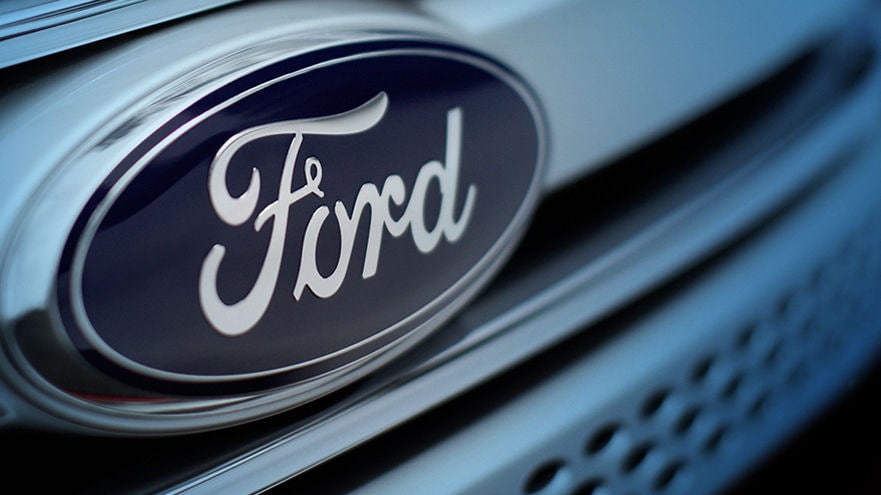- Leading auto companies collaborate to improve sustainability among suppliers
- “DRIVE Sustainability” initiative addresses ethical, environmental and labour rights issues
- Ford helps suppliers improve performance, lower risks and reduce environmental footprint
Cologne, Germany, Nov. 30, 2017 – “Drive Sustainability”, a partnership between ten leading automotive companies (BMW Group, Daimler AG, Ford, Honda, Jaguar Land Rover, Scania CV AB, Toyota Motor Europe, Volkswagen Group, Volvo Cars and Volvo Group), will set up a Raw Materials Observatory to identify and address ethical, environmental and labour rights issues in the sourcing of raw materials.
Ford has long been at the forefront of supply chain sustainability and joined the international multi-stakeholder initiative to further improve the company’s own activities. With suppliers in more than 60 countries, and as many as ten levels of suppliers between the original source of the raw materials and the parts for the finished vehicle, Ford has put specific programmes in place to ensure suppliers meet the company’s own high standards.
“This is a perfect opportunity for an integrated approach amongst auto companies to come together and share a common platform for how we look at some of the very important aspects of sustainability, like working conditions and our collective environmental footprint,” said Bob Holycross, vice president, Sustainability, Environment & Safety Engineering, Ford of Europe.
Facilitated by CSR Europe, “DRIVE Sustainability” is designed to create greater transparency, improve working conditions, and address issues at all levels of the supply chain. The new Raw Materials Observatory will focus on assessing the potential risks of sourcing raw materials such as mica, cobalt, rubber and leather. The plan to address these risks will be unveiled at the beginning of 2018.
Participating in the “DRIVE Sustainability” initiative builds on Ford’s own “Partnership for A Cleaner Environment” programme, launched in 2014, that provides monitoring tools to help suppliers track and achieve their own sustainability goals. Enabling suppliers to report their progress and share their best practices in turn helps other suppliers mitigate risks, improve performance, save energy and cut down on waste.
Ford also communicates with key strategic suppliers through the company’s Aligned Business Framework. This engagement helps improve quality, promote innovation, explore operational synergies and encourage common approaches to addressing areas such as ethical business practices, working conditions, manufacturing impacts and responsible sourcing. The company has also honoured suppliers for their outstanding performance and achievements with the World Excellence Awards, held for the 19th time this year.
# # #

